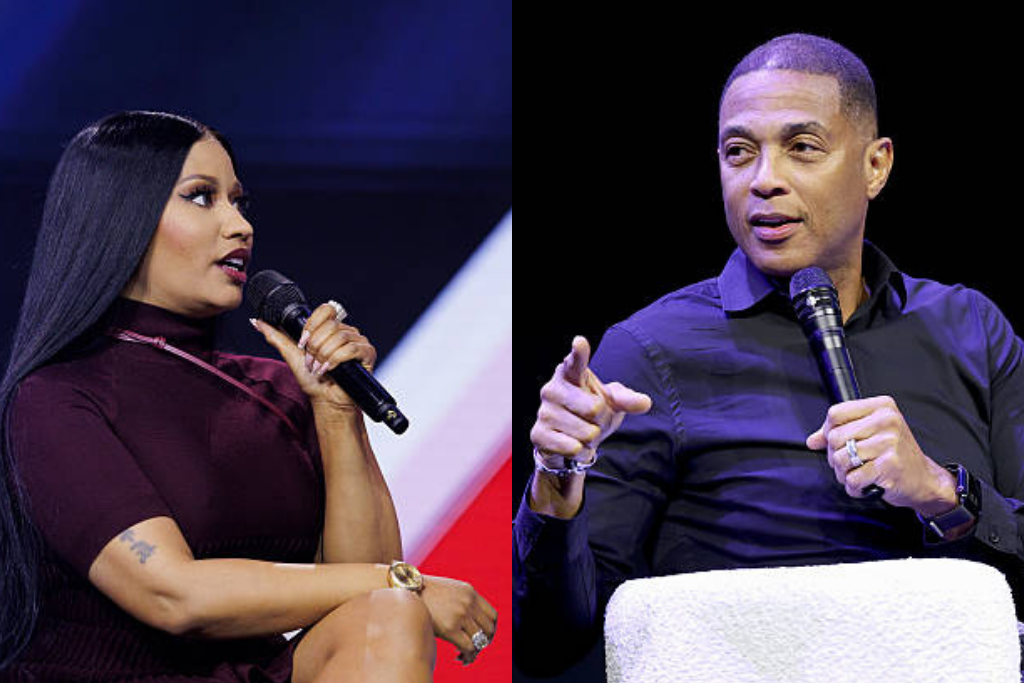Job interviews can be nerve-wracking experiences, and most people don’t enjoy them. But what if you could shift the perspective? What if you could tap into your strengths and put them on display? Anna Papalia, consultant, keynote speaker and author of Interviewology: The New Science of Interviewing, has been teaching people how to nail the interview for more than a decade. While teaching at Temple University’s Fox School of Business, Papalia found that everyone’s interview style falls into one of four groups: charmer, challenger, examiner and harmonizer.
According to Papalia, this categorization is “based on introversion, extraversion and how accommodating or steadfast we are.”
Her research found an equal distribution of the four interview styles among both job seekers and hiring managers. The good news is that there isn’t one specific interview style that tends to excel at interviews.
Papalia created a scientifically validated online assessment to help people determine their personal interview styles, which don’t change over time regardless of which side of the interview process they’re on.
Interviewology by Anna Papalia identifies 4 interview styles
Understanding your natural inclinations in an interview sets the stage for crafting a tailored strategy. The first step in mastering interviews is identifying your unique interview style. The four categories can be simplified as:
- Charmers: “I want to be liked.”
- Challengers: “I want to be me.”
- Examiners: “I want to get it right.”
- Harmonizers: “I want to adapt.”
Charmers
“Charmers go into interviews wanting to make a connection. They tell stories and prioritize warmth,” Papalia says. They’re the type to compliment the interviewer or share an anecdote. They thrive on creating positive interactions.
If you resonate with the charmer interview style, Papalia suggests tapping into the polar opposite type, the examiner.
“Charmers should think deeply about how they may engage in too many catering behaviors and find their center,” Papalia says. “It’s very difficult for charmers to say ‘no,’ so an area that a charmer needs to work on is figuring out what they want so they’re not just saying yes to any job.”
Challengers
Challengers, on the other hand, seek respect and appreciation. They enjoy demonstrating qualifications by challenging the status quo. Challengers are heard when they bring a bold, assertive approach to the interview.
“Challengers feel as if they’re going to be seen as qualified if… they come in really prepared with these tough questions and challenge people,” Papalia says. “They show their qualifications by being… a bit of a contrarian. They can be helped by tapping into their opposite, the harmonizer. You don’t have to say every thought; you don’t have to question everything.”
Examiners
“Examiners look at an interview like a test they are either going to pass or fail. They want to get it right, focusing on professionalism and business,” Papalia explains.
As an examiner, you may emphasize your dedication to precision, showcase your skills and convey your commitment to excellence. In interviews, Anna Papalia says she often has to coach examiners to open up, as an interview isn’t just about whether you can do a job—it’s also about culture fit.
“Examiners are so focused on getting it right and are so focused on making sure that they’re seen as qualified because they want to get the job,” Papalia says. “But they often forget to make a connection. They don’t engage in small talk; they are very quiet, very private. They really have to open up more in interviews.”
Harmonizers
For harmonizers, the goal is fitting into the team collaboratively. You may emphasize your collaborative skills and highlight your adaptability. Harmonizers thrive in creating a harmonious work environment and often showcase their ability to fit seamlessly into the team.
“Harmonizers look at an interview like a tryout for a team they want to join. They emphasize collaboration and speak in terms of the collective,” Papalia says. “They prioritize not rocking the boat, and they think a lot about the company and the department, and they just really want to make sure that they adapt and fit in. They can also lose their voice or not go in prepared for the interview because they feel as though they’re just going to tell the interviewer what they want to hear.
“Harmonizers can especially benefit from taking time to ask tough questions and to think deeply about what they want. It’s not just about getting the approval or getting the job. It’s often about figuring out themselves first—similar to charmers, in a sense.”
Anna Papalia interview tips: Understand the hiring managers while remaining authentic
Knowing your interview style is just the beginning. Because every person fits into one of the four interview styles, your hiring manager is also one of the four.
“Knowing a hiring manager’s interview style allows job seekers to tailor their approach,” Papalia notes. “Complimenting charmers or challenging challengers can create a better connection.”
While understanding and maximizing interview styles is crucial, authenticity remains the cornerstone. Papalia does not recommend trying to change your interview style to cater to a hiring manager. Instead, she emphasizes the importance of showing up authentically—you don’t want a job that’s not a good fit.
“This approach to just tell someone what they want to hear works temporarily—I write about it in my book,” Papalia says. “It’s called catering behavior. People who are socially or emotionally intelligent will cater to someone, and it works temporarily. Temporarily, you’ll get someone to like you in the interview, but you have to work there for years afterward.”
Papalia’s hope is that by understanding their individual interview styles, job seekers and hiring managers can show up more authentically in their interviews.
Mastering your interview style provides a unique advantage in the competitive landscape of job interviews. The goal is not to change who you are but to strategically emphasize your strengths. Authenticity, coupled with an understanding of interviewer styles, can be a game changer in securing a job that aligns with your personality and professional goals.
Photo by bbernard/Shutterstock.com
Iona Brannon is a freelance journalist based in the U.S. You can read more of her work at ionabrannon.com.






